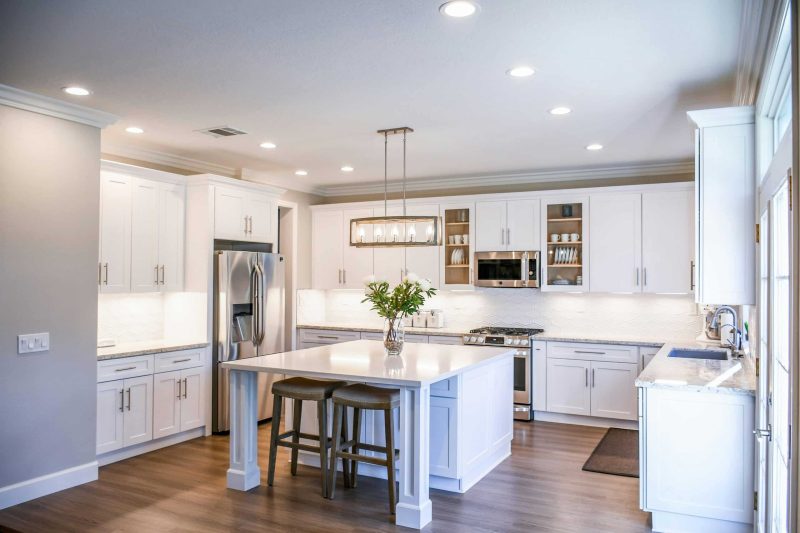In any relationship, proposing is probably one of the most critical steps couples must take. However, there are things to consider with proposals as well. To some, the waiting game can be an agonizing, rubbernecking period when one prospective partner patiently waits for another to issue the proposal. This article discusses emotions related to proposing and how long it is too long to wait for that special question. We discover how it affects us and our emotions when waiting for something, the pressure society puts us through, and how to talk to our partners about it.
The Emotional Toll of Waiting
Proposing is seen as something that must be followed in a relationship because, ultimately, if someone likes the other person, they should not have a problem making the first move. When people look at a potential partner and see a future with them, they want more than a casual, random declaration of love, saying “I love you” or giving you a rose. As time passes without a proposal, doubts may begin to creep in: “Am I as loved as I love my partner? Is my partner truly prepared to spend his or her remaining days with me?” These can cause internal stress for the person waiting in the relationship; eventually, this stress will leak out and impact both parties.
As one of the beautiful psychological facts of life, psychologists note that the more time people spend waiting for a proposal, the higher the level of involvement is likely to be. The two must move up or down the social ladder together; remaining stuck in the middle may cause one partner to feel useless or unsure of the couple’s stability. As time progresses, what may have begun as simple eagerness to be with that person might turn into such messy emotions as feeling betrayed or even offended if the relationship does not appear to progress.
Societal Pressures and Expectations
The social pressure of proposing and commitment dramatically increases the waiting game in today’s world. What people watch on the big screen and what they see on social media platforms always present various messages of love and proposals, and this has left many people feeling like they should also get into that kind of theatrical setup. Everyone wants a proposal to be set up, and often, one-half of the relationship looks forward to that. Still, the other party seems indifferent or reluctant about the entire process, leading to discouraging feelings.
There is pressure when it comes to proposing “on time.” This can be daunting as friends and families ask the couple about their marriage plans, especially when this becomes a recurring question. Social networks can only increase this pressure: seeing messages from friends about their partners proposing only means that one has to hurry up. However, everyone needs to understand that a relationship doesn’t progress at the same rate as another. So, just because your friends are engaged or already married doesn’t mean your relationship is lagging. That being said, let’s look at some things to keep in mind regarding engagement.
Communication is Key

The best strategy for handling the proposed waiting game is communication. If you have impatience building up due to a relationship not moving anywhere, then it is high time to sit your partner down and have a serious talk about the matter. Ask each of you what you hope to achieve in the future, and define the word ‘proposal.’ It is very important not to pressure your partner into proposing during this type of talk but to find ways to understand each other’s needs and fears.
The reasons might be altogether more pragmatic, stemming from a person’s daily life. They include money issues, career paths a particular individual wants to pursue, or just plain old fears people have for themselves. For some, it may be related to time or their unwillingness to be ready to take such a drastic decision. These reasons should be well understood to avoid feelings of misunderstanding within relationships.
How Long is Too Long?
Generally, there cannot be an answer to how long it is to wait for your partner to propose. According to relationship gurus, it could be a bad sign if a couple has not discussed issues with marriage for more than two years. However, this depends on the individual couple, their age, and the stage of the couple in life they are in. Some may be okay with waiting for more time than others, and maybe after a few months of dating, someone may be ready for the proposal. If you feel this nagging at your heart and mind about it being too long, it is important not to let it sit and fester. Talk to your partner!
What matters more than how long the potential partners have been waiting for the other is the consistency of their motivations for moving to the next level. This is specifically true when one partner wants to get married, and the other has repeatedly dismissed the topic as unworthy of discussion. Your partner should be willing to discuss these things with you, as figuring out where you two stand going forward is healthy.
What to do if You’re Waiting
If you discover that waiting has become a source of stress, it is perhaps time to begin to look at your own emotions. Proposing may have you wondering whether you are prepared for marriage or are waiting for someone to approve or validate your decision. Thinking about why you wanted and expected the decision so soon can give you the answer as to why the delay is uncomfortable. Think about why you want your partner to propose at this moment. Your partner should equally be open to why you feel the way you do currently. Never dismiss your feelings, especially if they are consistently hanging around and involve matters of the heart.
Final Thoughts
Waiting for a proposal is a psychological phenomenon involving time, words, and understanding. Lacking any fixed time when proposing should occur, it is crucial to ensure that both individuals have the same understanding of the further development of the partnership. Whether it takes months or years, it is very important that when it is time to ask the question of the proposal, it is done out of love, clear understanding, and commitment.










